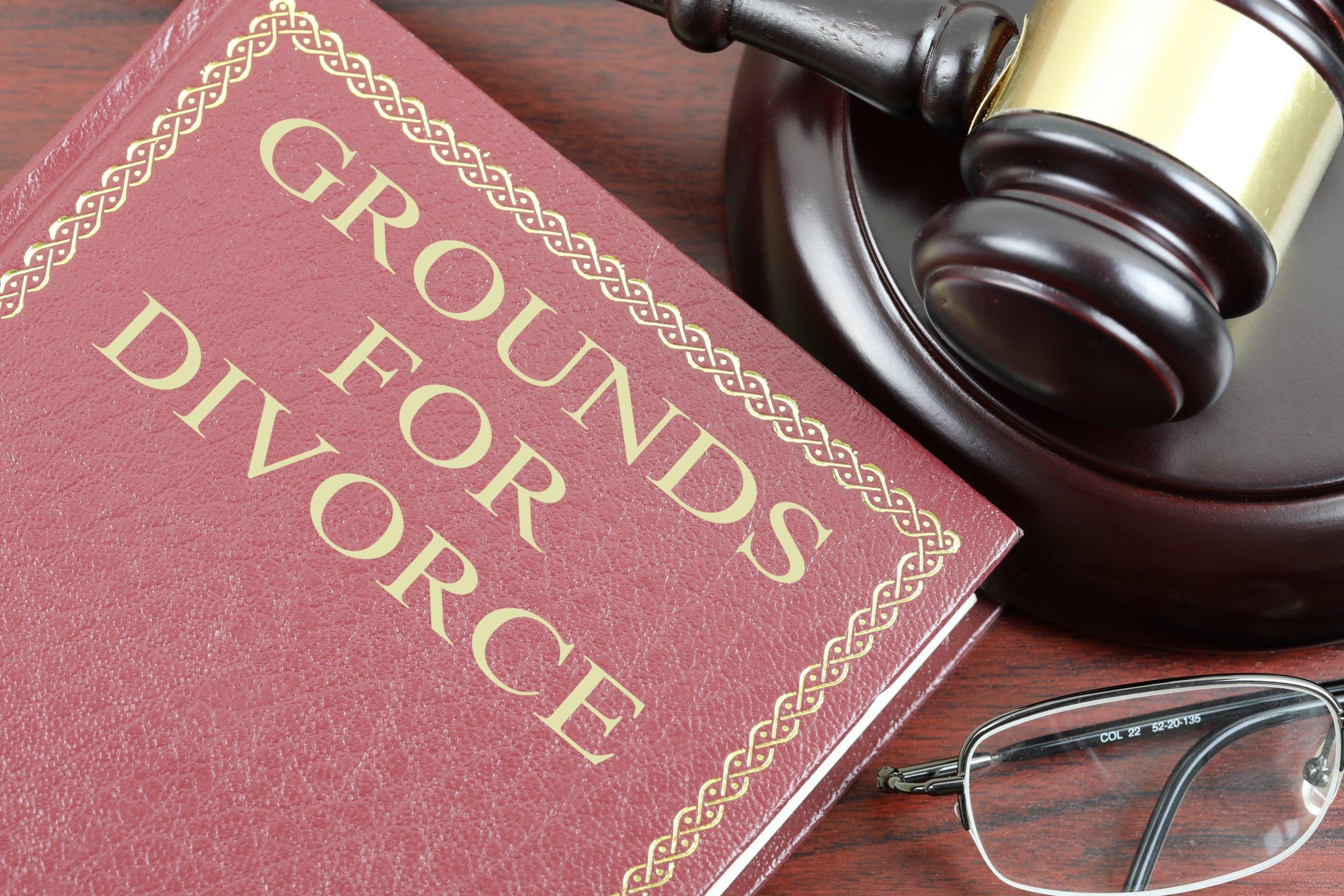
Pornography Addiction: Let’s Talk About this Taboo Topic
Hey there, let’s tackle a topic that is often hushed up but affects countless individuals: pornography addiction. It’s time to break the stigma and have an open, honest conversation about this taboo subject. From its impact on relationships to mental health, let’s delve into the complexities of this prevalent issue. Let’s talk about pornography addiction, because the more we understand, the better equipped we are to address it.
1. Understanding the Scope and Severity of Pornography Addiction
It’s important to kick off this conversation by acknowledging the vast extent of pornography addiction. It’s no small matter; globally, millions of men and women from all walks of life are negatively impacted by this brutal affliction. The severity of this addiction creeps into deepest aspects of a person’s life, quietly wreaking havoc and leaving devastation in its wake.
Unraveling the Impact of Pornography Addiction on Mental Health
The tentacles of pornography addiction spread far and wide, but among the most significant areas they latch onto is mental health. An array of mental health complications, including depression, anxiety, and even obsessive compulsive disorder, are often associated with pornography addiction. The persistent lure of pornography can lead to obsessive thoughts, while the accompanying guilt and shame can in turn fuel depressive episodes.
Analyzing the Domino Effect: Relationships, Self-esteem, and Productivity
The toll pornography addiction takes doesn’t stop with mental health: it’s a domino effect. Personal relationships often suffer as addiction fuels secrecy, betrayal, and aloofness. Self-esteem takes a massive hit from guilt and feelings of being ‘out of control’. Productivity, too, is largely affected as individuals lose focus and interest in work, hobbies, and personal growth.
Breaking Barriers: Starting Healthy Conversations around Pornography Addiction
The first step towards recovery is breaking the silence. By opening up conversations about pornography addiction, we’re encouraging a supportive, nonjudgmental environment where those affected can seek help without feeling marginalized.
Discussing about pornography addiction as a widespread health concern, we can dispel myths, provide reliable information, and inspire those affected to seek help.
Effective Strategies and Resources for Overcoming Pornography Addiction
Overcoming pornography addiction is not an overnight journey. It takes time, patience, therapy, and plenty of support. Strategies such as cognitive behavioral therapy, 12-step programs, and guilt-free sexual health education are among the most effective methods to treat this addiction. Along with this, the importance of self-care and consciousness in building a positive mindset should not be overlooked. By engaging in this, we can ensure that every individual has the resources they need to overcome this addiction and regain control over their lives.
2. Unraveling the Impact of Pornography Addiction on Mental Health
While it can often be uncomfortable to discuss, the impact of pornography addiction on mental health is a real and powerful force. Deeper understanding of this complex issue can help those affected feel less isolated and more capable of seeking help.
Weaving through the tangled web that is this addiction, it becomes clear that there are several factors at play. Primarily, individuals struggling with pornography addiction may experience feelings of guilt or shame tied to their behavior. This emotional distress can often spiral into more serious conditions such as anxiety and depression.
Moreover, pornography addiction can distort perceptions about intimacy and sex, leading to unrealistic expectations and dissatisfaction. Unpacking these issues is crucial, as such skewed views can exacerbate feelings of inadequacy and loneliness. In intense cases, there’s a risk of the individual developing antisocial tendencies or experiencing severe withdrawal symptoms.
At the core, it’s clear that the adverse consequences extend beyond mere habits or preferences. Addictions represent a maladaptive attempt to cope with one’s circumstances. Create a safe space for candid discussions - it shouldn’t be a taboo because it’s mental health at stake. With understanding and empathy, we can begin to separate the individual from the addiction, reshaping perspective, stigma and distress.
3. Analyzing the Domino Effect: Relationships, Self-esteem, and Productivity
Fret not, because wherever there’s trouble, there’s opportunity as well. Let’s take a dive into the deep end of a concept we refer to as the “Domino Effect”. Have you noticed how one domino falling can create a chain reaction, causing all the other dominos to collapse? That’s exactly how pornography addiction can affect various aspects of your life.
The first domino: Relationships. You might start to notice a significant strain here. Excessive consumption of pornography tends to affect intimate relationships. Your partner’s growing frustration may be met with your defensiveness escalating to frequent fights and misunderstandings.
Next in line is your self-esteem. It’s not uncommon to find feelings of guilt and self-loathing intruding your thoughts. The persistent secrecy can lead to social isolation, shattering your self-image and self-worth. You might start to view yourself merely as someone battling a shameful addiction, completely overlooking your positive attributes and achievements.
The last domino to topple is, predictably, your productivity. Losing the usual zeal for life and the loss of focus may start to extend into your professional life as well. The rush and euphoria associated with pornography often outweigh the satisfaction of real-life achievements, making mundane tasks seem devoid of motivation. Understanding these repercussions can help us comprehend the severity of the situation, thus leading us to initiate a much-needed conversation on how to break free from the chains of this deceptively enticing addiction.
4. Breaking Barriers: Starting Healthy Conversations around Pornography Addiction
Open communication is the cornerstone of addressing any issue, especially something as stigmatized and concealed as pornography addiction. Stripping off the layers of shame and judgment associated with it is an essential first step towards understanding and resolving this addiction. It’s high time we demystify the subject and expose its actual nature – a behavioral addiction that has spiraled due to a variety of factors.
Discussion around pornography addiction often gets repressed, hidden under the carpet due to societal taboos and misconceptions. However, we can only tackle this issue effectively when we bring it to the forefront and normalize conversations around it. By fostering a judgment-free environment, we can make it easier for affected individuals to seek help and express their struggles openly without fear.
Enhancing awareness, sharing real experiences, debunking myths, and providing factual information is an effective starting point in the conversations leading toward understanding and empathetic support. It’s pertinent to remember that like any other addiction, it is not a moral failure but a health issue that needs proper care and attention. Encouraging conversations around it can help dissolve the stigma, breaking down the barriers standing in the way of recovery.
5. Effective Strategies and Resources for Overcoming Pornography Addiction
Addressing porn addiction requires a steadfast commitment and a multipronged approach. Here are some research-backed strategies and valuable resources that can act as a springboard towards recovery.
Tailored Counseling: This could be individual psychotherapy, group sessions or a blend of both. Certified therapists specializing in addiction can provide guidance and strategies to change addictive behaviors. Therapy models, such as Cognitive Behavioral Therapy (CBT) and Motivational Interviewing (MI) have shown effective results.
Self-Help Resources: They provide anonymity, are easily accessible and can be a starting point in the recovery process. Online forums, apps targeted at porn addiction and popular self-help books may provide insight and motivation to quit.
Support Groups: Peer-based support groups, both online and offline, offer a platform to share experiences, build resilience and provide encouragement throughout the recovery journey.
Healthy Lifestyle Choices: Building a wholesome, stress-managing lifestyle through exercise, enriched nutrition, good sleep hygiene, and mindfulness practices can supplement therapeutic interventions.
Professional Help: Sometimes, underlying mental conditions contribute to porn addiction. Qualified psychologists and psychiatrists can diagnose and manage such conditions, aiding overall recovery.
Remember, overcoming porn addiction is a marathon, not a sprint. Patience, perseverance, and consistency are the pillars of recovery.
Q&A
1. What is pornography addiction?
Pornography addiction is a compulsive need to consume sexually explicit content, to the point where it interferes with daily life and relationships.
2. How serious is this problem?
It can be quite serious, leading to issues in personal relationships, mental health struggles, and even issues at work or in social situations.
3. Is excessive pornography viewing considered an addiction automatically?
No, not necessarily. However, if someone is unable to control their consumption despite adverse consequences, it could be an indication of addictive behavior.
4. Can pornography addiction affect a relationship?
Yes, it can. As with any addiction, it can lead to secrecy, mistrust, and breakdown of a partner’s trust or comfort level.
5. What are some signs of pornography addiction?
Some signs include inability to stop or control pornography use, withdrawal symptoms when attempting to stop, and continued use despite harmful effects.
6. Can one recover from this addiction?
Yes, recovery is possible through cognitive-behavioral therapy, group therapy, self-help resources, and sometimes medication.
7. Are there any resources or support groups for individuals struggling with this addiction?
Yes, there are many resources available both online and offline, including professional counseling and self-help groups such as Sex Addicts Anonymous.
To Conclude
Okay folks, that wraps up our deep dive into the lingering taboo and complex issue that is pornography addiction. Remember, it’s okay to ask for help, to challenge societal norms, and to embrace tough conversations. Silence and stigma often feed addiction but opening up about it begins the process of beating it. It’s a journey, not a sprint. If you or someone you love is struggling, there is help out there and there’s absolutely no shame in seeking it. Until next time, keep the conversation going, and let’s keep breaking down those taboos!
References:
- “Pornography Addiction: A Neuroscience Perspective”, American Society of Addiction Medicine.
- “Pornography Addiction-A Supranormal Stimulus Considered in the Context of Neuroplasticity.” Socioaffective Neuroscience & Psychology.
- “Understanding and Managing Compulsive Sexual Behaviors”, Psychiatry (Edgmont).
- Wilson, G. (2014). “Your brain on porn: Internet pornography and the emerging science of addiction.”
- Doidge, N. (2007). “The brain that changes itself: Stories of personal triumph from the frontiers of brain science.”
- “Out of the Shadows: Understanding Sexual Addiction”, Patrick Carnes, PhD.
- “Treating Pornography Addiction: The Essential Tools for Recovery” – Dr. Kevin Skinner.
- National Institute on Drug Abuse. “Is there a difference between physical dependence and addiction?”
- Mind.org.uk – “How to cope with addictions.”
- Psychology Today – “The Most Commonly Overlooked Aspect of Sex and Addiction.






